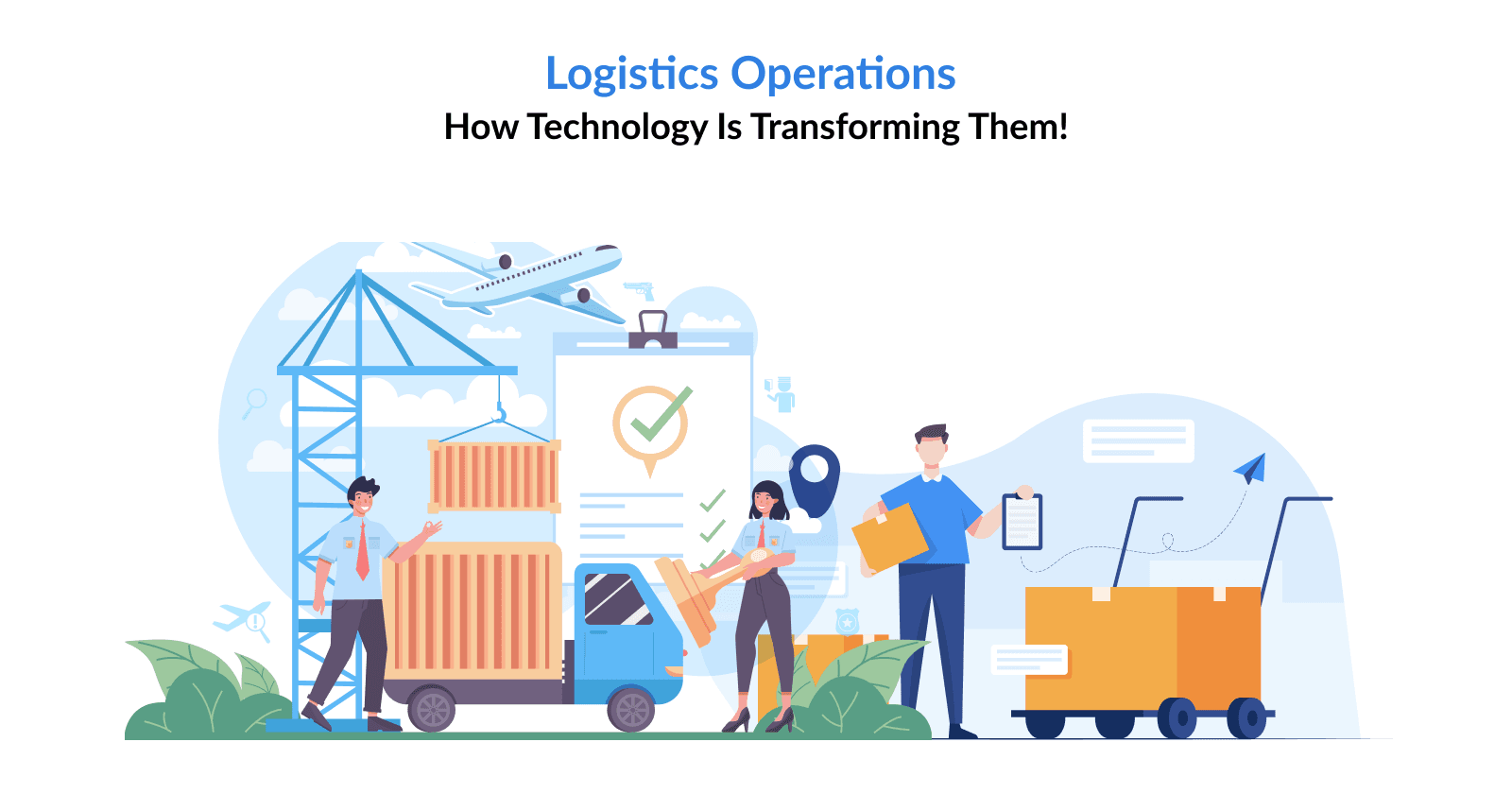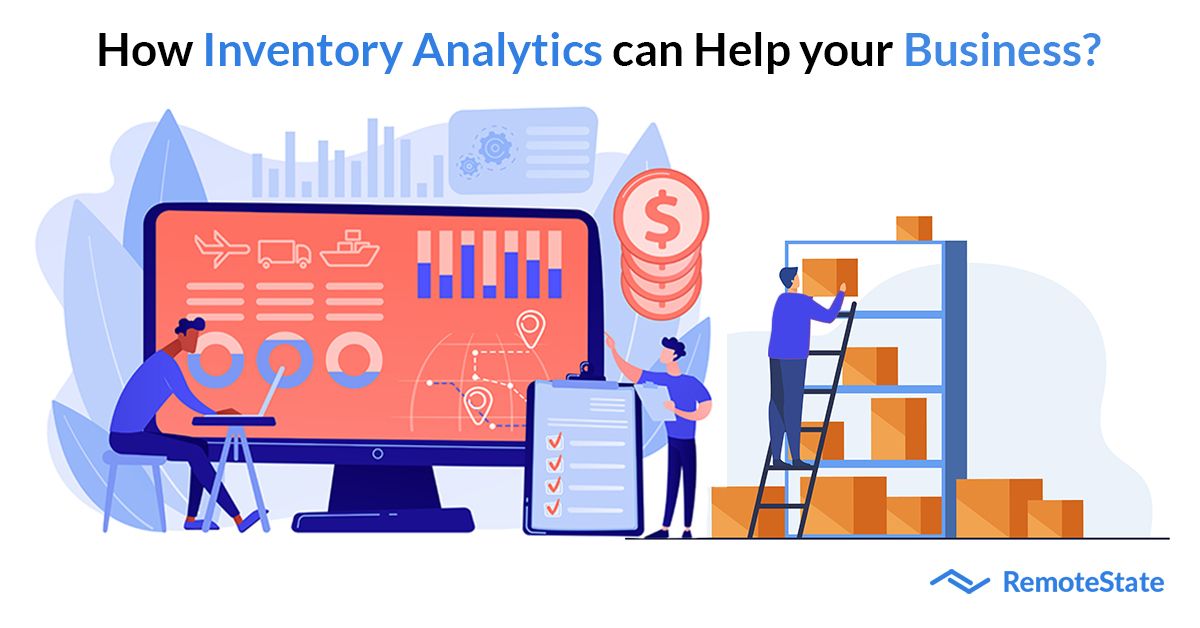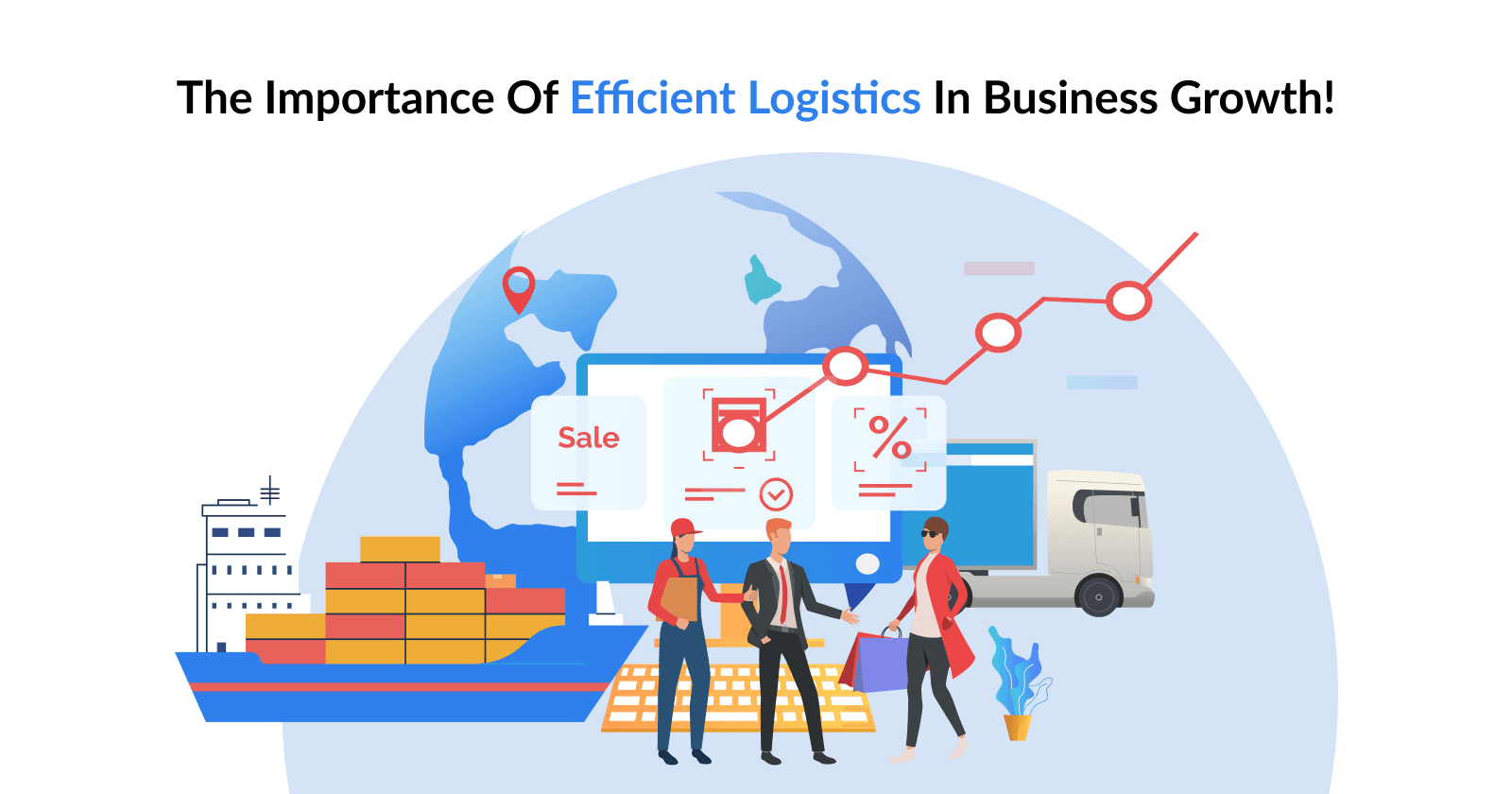Introduction
Managing a fleet of vehicles can be a daunting task. Ensuring that every vehicle is running smoothly, every driver is following regulations, and every route is optimized is a challenging job. However, with the help of fleet management software, fleet managers can streamline their operations, reduce costs, and improve safety.
Managing a fleet of vehicles can be a daunting task. Ensuring that every vehicle is running smoothly, every driver is following regulations, and every route is optimized is a challenging job. However, with the help of fleet management software, fleet managers can streamline their operations, reduce costs, and improve safety.
In this blog, we will discuss the benefits, challenges, and opportunities of using fleet management software.
Benefits of Fleet Management Software
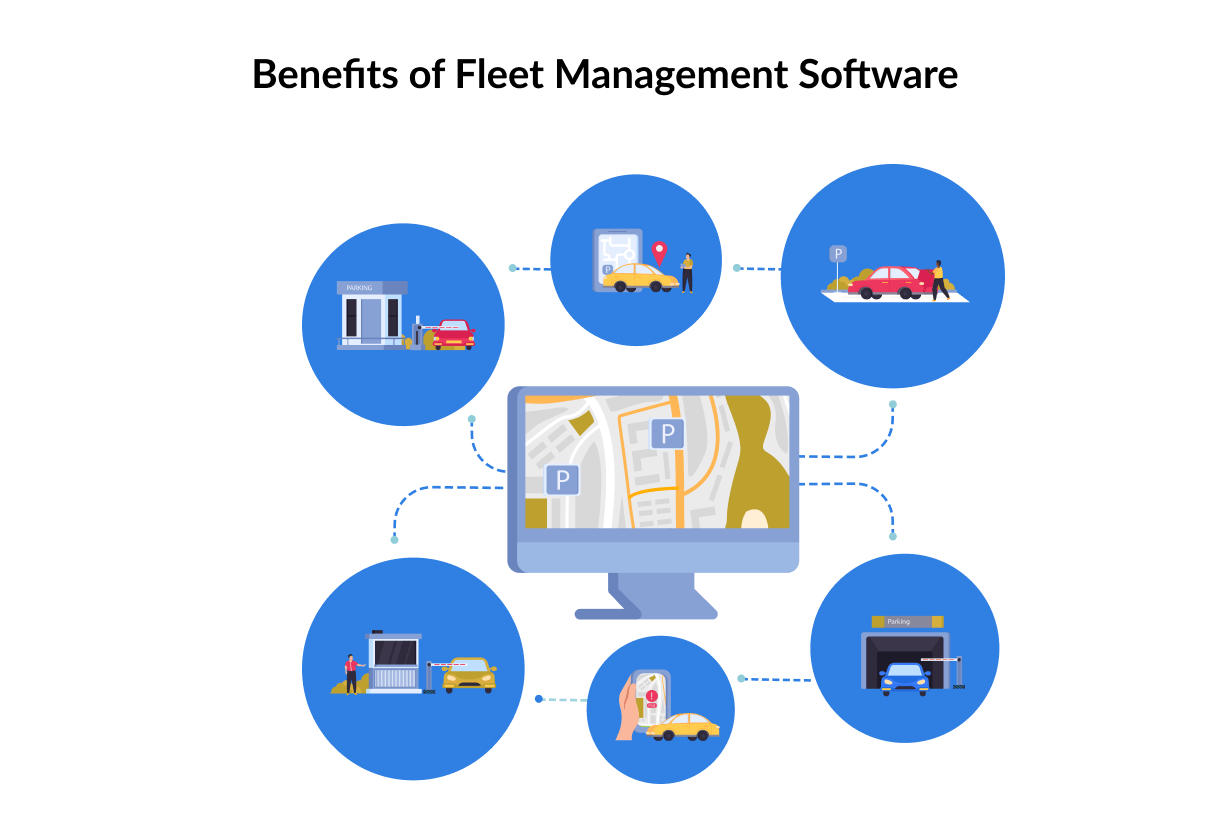
Vehicle Maintenance
Regular maintenance of vehicles is necessary to keep them in top condition and reduce the risk of breakdowns. Fleet management software helps in scheduling regular maintenance, sending reminders, and tracking maintenance history. This ensures that vehicles are always in optimal condition, which reduces downtime and repair costs.
Route Optimization
Fleet management software can help optimize routes, which saves time, fuel, and reduces carbon footprint. By analyzing traffic patterns, road conditions, and driver behavior, fleet managers can optimize routes to minimize idle time, avoid traffic congestion, and reduce fuel consumption. This, in turn, improves the overall efficiency of the fleet and helps in meeting delivery deadlines.
Driver Management
Fleet management software helps in monitoring driver behavior, including speed, harsh braking, and acceleration. This helps in identifying and addressing unsafe driving practices, reducing the risk of accidents, and improving driver safety. By addressing unsafe driving practices, companies can also reduce fuel consumption and vehicle maintenance costs.
Cost Reduction
Fleet management software can help reduce costs by optimizing routes, reducing idle time, and improving vehicle maintenance. By identifying areas of inefficiency and addressing them, fleet managers can significantly reduce costs. For example, by identifying drivers who idle their engines for long periods, fleet managers can take steps to reduce idling, which can reduce fuel consumption and emissions.
Improved Customer Service
Fleet management software helps in providing real-time information about vehicle location, delivery status, and estimated arrival time. This helps in improving customer service by providing accurate information to customers and reducing wait times. Customers appreciate timely and accurate information, which can result in increased customer satisfaction and repeat business.
Compliance
Compliance with regulations such as hours of service, vehicle inspections, and driver logs is necessary to avoid penalties and fines. Fleet management software helps in automating these processes, reducing paperwork, and ensuring compliance. By ensuring compliance, companies can avoid penalties and maintain their reputation as responsible and reliable businesses.
Challenges of Fleet Management Software
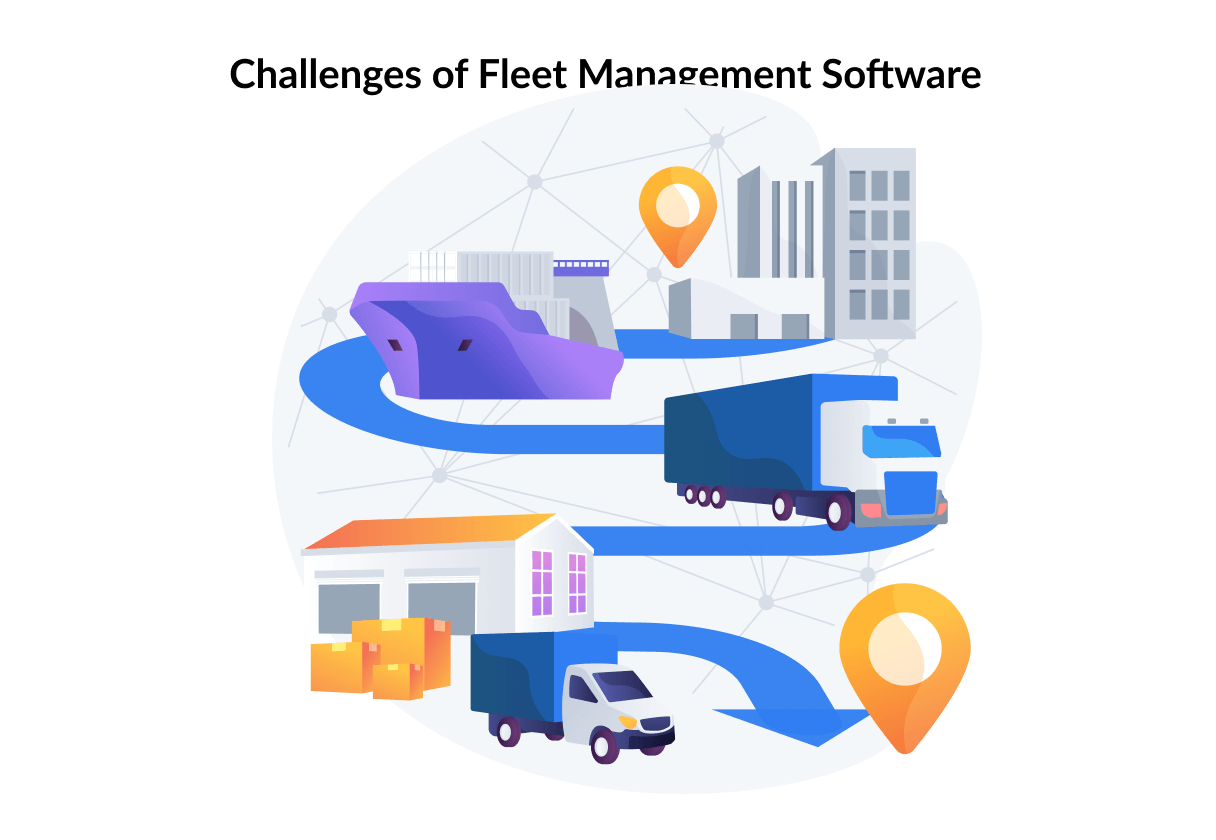
Cost
Fleet management software can be expensive, especially for small businesses. However, the benefits of using fleet management software outweigh the costs in the long run. By improving efficiency, reducing costs, and improving safety, companies can see a significant return on their investment.
Integration
Integrating fleet management software with existing systems can be challenging. However, most software vendors offer support and training to help with the integration process. Companies should ensure that they have the necessary resources and expertise to successfully integrate the software with their existing systems.
Data Security
Data security is a concern when using fleet management software. Fleet managers must ensure that data is protected from unauthorized access and data breaches. Companies should implement appropriate security measures to protect their data and ensure that they comply with data protection regulations.
User Adoption
Getting drivers and other stakeholders to adopt new software can be challenging. Fleet managers must ensure that training and support are provided to ensure user adoption. Companies should also communicate the benefits of the software to their employees to encourage adoption.
Future of Fleet Management Software
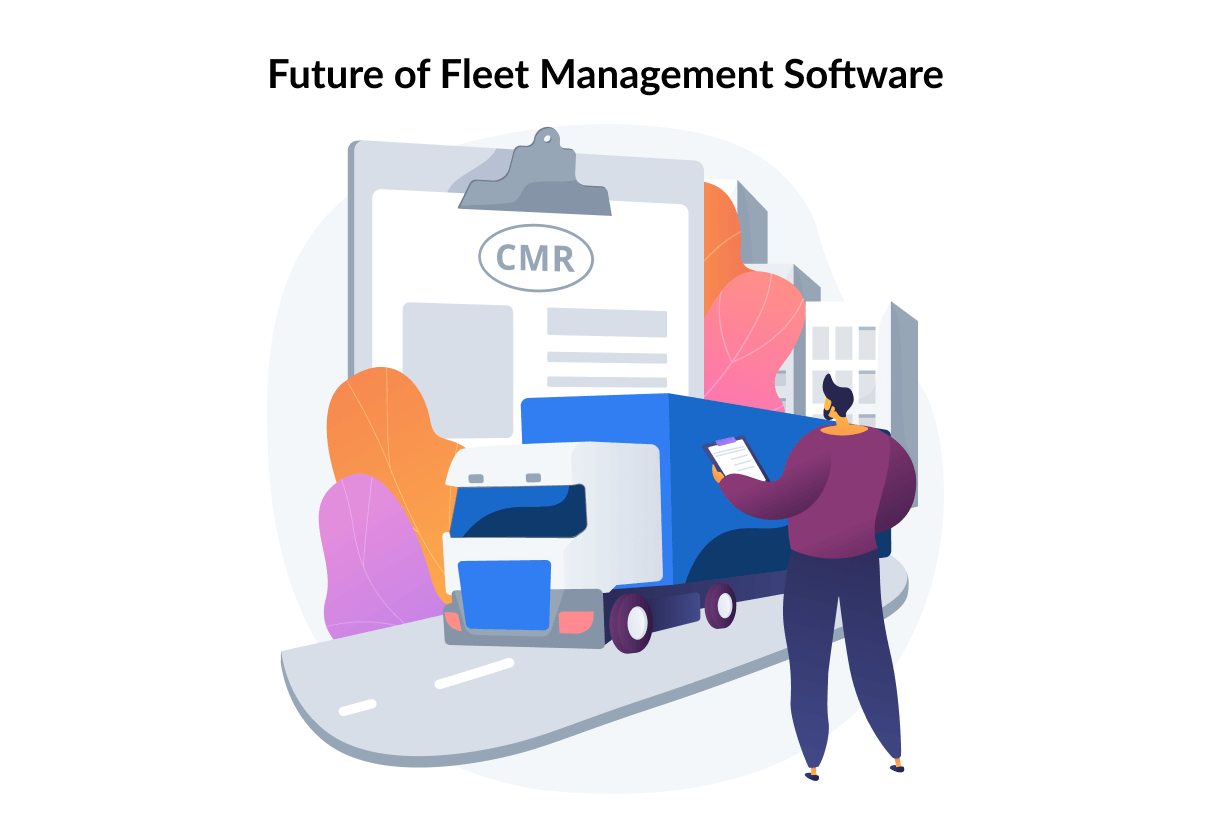
The future of fleet management software looks promising, with advancements in technology and increasing demand for efficient and sustainable fleet operations. Here are six potential developments we can expect to see in the future of fleet management software
Autonomous Vehicles
As autonomous vehicles become more prevalent, fleet management software will need to adapt to support these vehicles and integrate with their technology.
Sustainable Fleet Operations
With the increasing emphasis on sustainability, fleet management software will need to incorporate tools to monitor and reduce carbon emissions, promote fuel efficiency, and support the adoption of electric vehicles.
Artificial Intelligence
The use of artificial intelligence in fleet management software will become more widespread, allowing for improved decision-making, better predictions, and more efficient operations.
Blockchain Technology
Blockchain technology can provide secure and transparent data sharing, which can be useful for fleet management software, especially when it comes to tracking assets and managing supply chains.
Real-time Telematics
Real-time telematics will become more advanced, providing more detailed information on driver behavior, vehicle performance, and location tracking, allowing fleet managers to make more informed decisions.
Enhanced User Experience
As technology continues to evolve, fleet management software will become more user-friendly, allowing for easier and more intuitive navigation, and providing customized features to meet specific user needs.
Conclusion
Fleet management software is a valuable tool for fleet managers, helping to optimize operations, reduce costs, and improve safety. While there are challenges to using fleet management software, the benefits outweigh the costs in the long run.
By addressing areas of inefficiency, reducing idle time, and improving maintenance schedules, companies can see significant cost savings and improve customer satisfaction.
With real-time visibility, data analytics, integration with IoT, predictive maintenance, and mobile applications, fleet management software offers numerous opportunities for companies to improve their operations and stay ahead of the competition.
Custom Fleet Management Software Solutions by Remotestate: Optimizing Efficiency and Enhancing User Experience!
Remotestate can help companies in the fleet management industry by developing custom fleet management software tailored to their specific needs. By leveraging the latest technology and expertise in software development, Remotestate can create software solutions that address the unique challenges of each client.
With a focus on user experience, Remotestate's fleet management software can be designed to be intuitive and user-friendly, helping to improve user adoption and increase efficiency.
Additionally, Remotestate can provide ongoing support and maintenance for fleet management software, ensuring that the software remains up-to-date and meets the changing needs of the client. With a dedicated team of developers and customer support staff, Remotestate can provide prompt assistance to clients who may experience issues or require additional features.
By partnering with Remotestate for fleet management software development, companies in the fleet management industry can benefit from customized software solutions that improve efficiency, reduce costs, and enhance safety.
With a focus on quality and customer satisfaction, Remotestate can provide the expertise and support needed to help companies stay ahead of the competition.
FAQs
What is fleet management software?
Fleet management software is a tool used by fleet managers to optimize operations, reduce costs, and improve safety.
What are the benefits of using fleet management software?
The benefits of using fleet management software include improved vehicle maintenance, route optimization, driver management, cost reduction, improved customer service, and compliance with regulations.
What are the challenges of using fleet management software?
The challenges of using fleet management software include cost, integration, data security, and user adoption.
What are the opportunities for using fleet management software?
The opportunities for using fleet management software include real-time visibility, improved efficiency, data analytics, integration with IoT, predictive maintenance, and mobile applications.
Publication Date
2023-05-25
Category
Logistics
Author Name
Sajal Nehra
